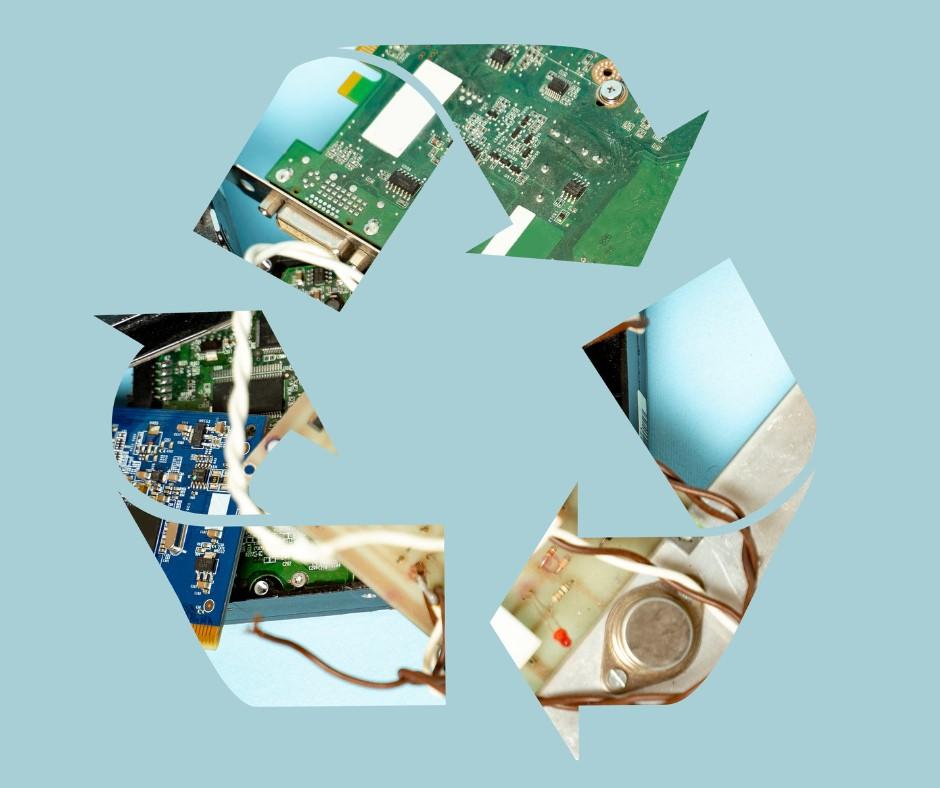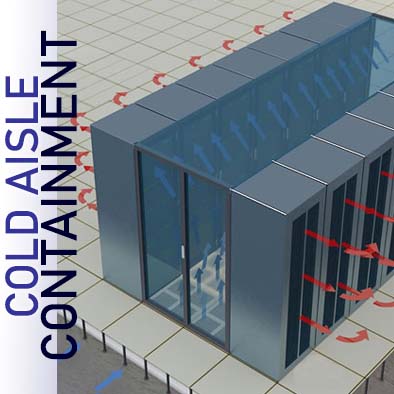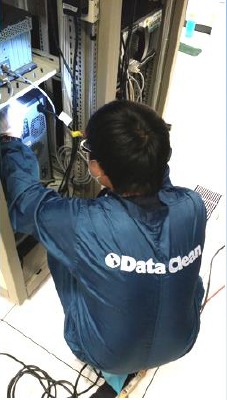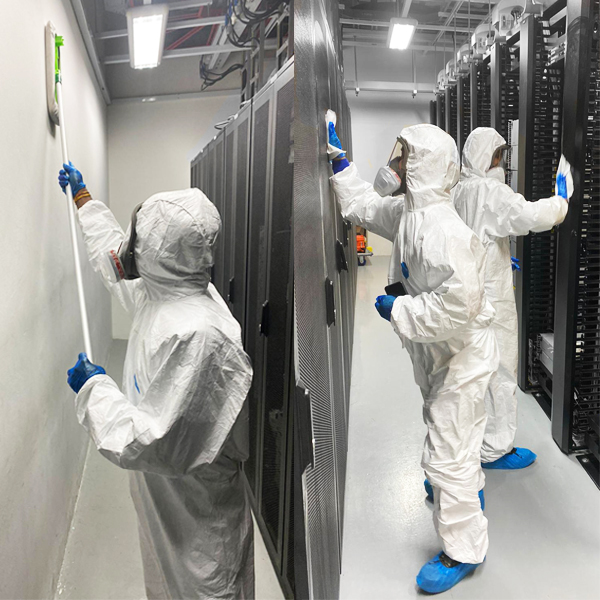In the ever-evolving landscape of technology, the environmental impact of IT asset disposal and decommissioning has become a critical concern. As businesses upgrade their IT infrastructure, the need for sustainable practices in handling electronic waste (e-waste) is more pronounced than ever.
Data Clean Asia (DCA), known for its specialized cleaning services, explores the green side of IT by delving into sustainable approaches to IT asset decommissioning. This article sheds light on eco-friendly practices and the importance of responsible e-waste management and showcases case studies of companies leading the charge towards a greener IT industry.

1. The Environmental Impact of IT Asset Disposal
The disposal of IT assets poses environmental challenges, with electronic waste containing hazardous materials that can harm ecosystems and human health. DCA recognizes the urgency to address these concerns and advocates for a proactive approach to minimize the environmental impact of IT asset decommissioning.
2. Eco-Friendly Approaches: Reducing the Ecological Footprint

DCA emphasizes the adoption of eco-friendly approaches in IT asset decommissioning. This includes responsible hardware recycling, component reuse, and the implementation of energy-efficient technologies.
By prioritizing sustainability in the decommissioning process, businesses can significantly reduce their ecological footprint and contribute to a more environmentally conscious IT industry.
3. Importance of Responsible E-Waste Management: Beyond Decommissioning

Responsible e-waste management is crucial in mitigating the environmental impact of IT asset disposal. DCA highlights the significance of recycling and proper disposal methods for electronic components.
By partnering with certified recycling facilities, businesses can ensure that e-waste is handled responsibly, preventing harmful substances from contaminating landfills and water sources. DCA’s fortified facilities and expert logistics team ensure that your assets receive the highest level of care throughout the entire journey, from collection to final disposal.
DCA’s commitment ensures not only safe disposal but also aligns with eco-friendly practices, fully compliant with stringent environmental regulations.
4. Case Studies: Pioneering Companies Leading the Green IT Movement

Inspiration often comes from real-world examples. DCA showcases case studies of companies at the forefront of sustainable IT asset decommissioning. These organizations implement innovative practices, from circular economy principles to creative repurposing of hardware.
Google has been a pioneer in adopting circular economy principles. The company focuses on extending the lifespan of its IT equipment by refurbishing and repurposing hardware components. By maximizing the use of existing resources, Google reduces electronic waste and promotes a more sustainable approach to IT lifecycle management.
Apple is committed to building a closed-loop supply chain, aiming to use only recycled and renewable materials in its products. The company has invested in recycling technologies and is working towards making its devices easily recyclable. Apple’s efforts not only reduce the environmental impact of its products but also inspire other tech companies to adopt similar closed-loop approaches.
Dell has established the “Dell Reconnect” program in collaboration with Goodwill Industries. This initiative encourages consumers to responsibly dispose of their electronic devices by donating them to Goodwill. Dell then refurbishes the devices or recycles them responsibly, diverting e-waste from landfills and contributing to social and environmental goals.
Microsoft has committed to being carbon-negative by 2030, including its data center operations. The company is focused on implementing renewable energy solutions, improving energy efficiency, and exploring innovative cooling technologies for its data centers. Microsoft’s holistic approach to sustainability in data center operations sets a benchmark for the entire industry.
By spotlighting these pioneers, businesses can gain insights into successful green initiatives and consider similar approaches in their IT lifecycle management.
Conclusion

The green side of IT asset decommissioning is not just a choice but a responsibility. DCA encourages businesses to prioritize sustainability, adopt eco-friendly practices, and contribute to the ongoing transformation of the IT industry towards a more environmentally conscious future.
Visit our website to learn more about our services, and join us in making a positive impact on the environment.







